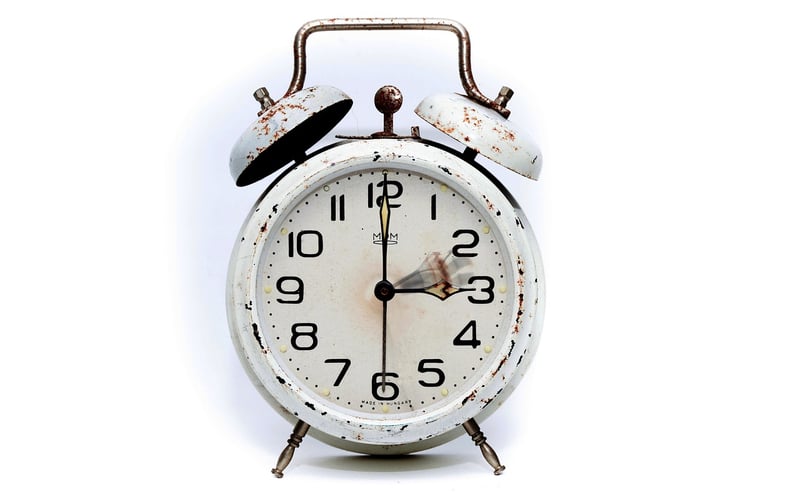Grandfather Paradox
Exploring Temporal Consequences and the Grandfather Paradox
Time travel has long been a fascinating concept in science fiction, but the idea of altering the past or future raises intriguing questions about temporal consequences. One of the most famous thought experiments illustrating this is the Grandfather Paradox.
Temporal Consequences
When considering time travel, the concept of temporal consequences refers to the potential effects of altering events in the past or future. The butterfly effect, popularized by chaos theory, highlights how small changes can lead to significant alterations in the timeline.
Imagining the consequences of time travel can be mind-boggling. Would changing a single event create a ripple effect that alters the course of history? Or could attempting to correct a mistake actually make things worse?
The Grandfather Paradox
One of the most famous paradoxes related to time travel, the Grandfather Paradox, poses a thought-provoking scenario. It goes like this: If a time traveler were to go back in time and prevent their grandfather from meeting their grandmother, thus preventing their own birth, how could they exist to travel back in time in the first place?
This paradox raises questions about causality and the implications of changing past events. It challenges our understanding of cause and effect, leading to debates about the nature of time itself.
Conclusion
Exploring temporal consequences and paradoxes like the Grandfather Paradox can spark philosophical discussions about free will, determinism, and the nature of reality. While time travel remains a theoretical concept, contemplating its implications can offer valuable insights into our perception of time and causality.

For more information on time travel and related concepts, you can check out Space.com's article on time travel.
